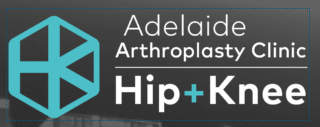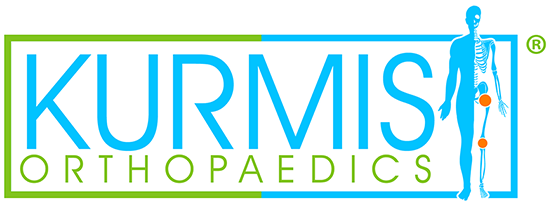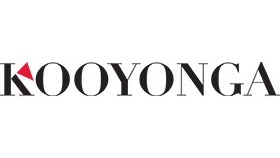

Every September, we acknowledge International Prostate Cancer Month and aim to create awareness and educate Australian men & women around this disease that will affect approximately 16,741 males this year alone.
Prostate cancer is the second most common cancer occuring in men, with 1 in 6 men developing prostate cancer by age 85. The average age of diagnosis is 67.4 years and in the last decade we have seen the five-year survival rate increase from 58.2% to 95.4%.
Symptoms of Prostate Cancer
As prostate cancer develops, symptoms can include:
- need to urinate frequently, particularly at night
- sudden urges to urinate
- difficulty starting urine flow
- a slow, interrupted flow and dribbling afterwards
- pain during urination or blood in the urine or semen
Many men disregard urinary symptoms as normal for their age – as a community we need to encourage them to get tested.
STEEL CANCER REHABILITATION PROGRAM
The STEEL Cancer Rehabilitation Program is a rehabilitation and fitness initiative that consists of prescribed, individualised rehabilitation dependent on the type of cancer, age, fitness level, stage of recovery, type of cancer treatment and the side effects of said treatment. It is provided by certified therapists and is personalised, one on one, and patient-orientated. The STEEL Program transitions the patient from recovery to fitness and involves the long-term incorporation of exercise into their lifestyle.
The Patient Pathway and Outcomes of the STEEL Program is formatted into 4 phases:
- Pre-Op/Pre-habilitation Phase: designed to increase function before surgery or treatment
- Post-Op Phase: designed to assist in the healing process post-op or while undergoing treatments
- Adjuvant Cancer Treatment/Recovery Phase: designed to help improve energy levels and general wellbeing during cancer treatments
- Fitness Phase: designed to facilitate overall conditioning and to increase physical stamina while motivating and encouraging good exercise habits for life
Recovery and exercise recommendations of the STEEL Program are:
- Keep active to prevent deconditioning
- Get an assessment with a cancer rehab physio to ensure you are getting the best treatment available to improve your recovery time and prevent long-term problems
- Be proactive about doing things you enjoy to decrease stress
- Prioritise exercise each week
- Listen to your body and get pain, swelling, pins and needles, signs of infection and stiffness checked
- Feel stronger with resistance training – it can help to:
- Increase strength
- Improve range of motion
- Improve balance and reduce falls risk
- Maintain muscle and bone health
- Reduce stress, fatigue, anxiety and depression
- Improve feelings of well-being, confidence and control of your life
- Assist weight control
- Rest, but seek help for fatigue as if left untreated it may severely impact on quality of life
- Celebrate your wins by setting small goals
By Alistair Hayes | Physiotherapist























